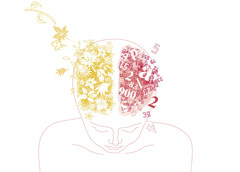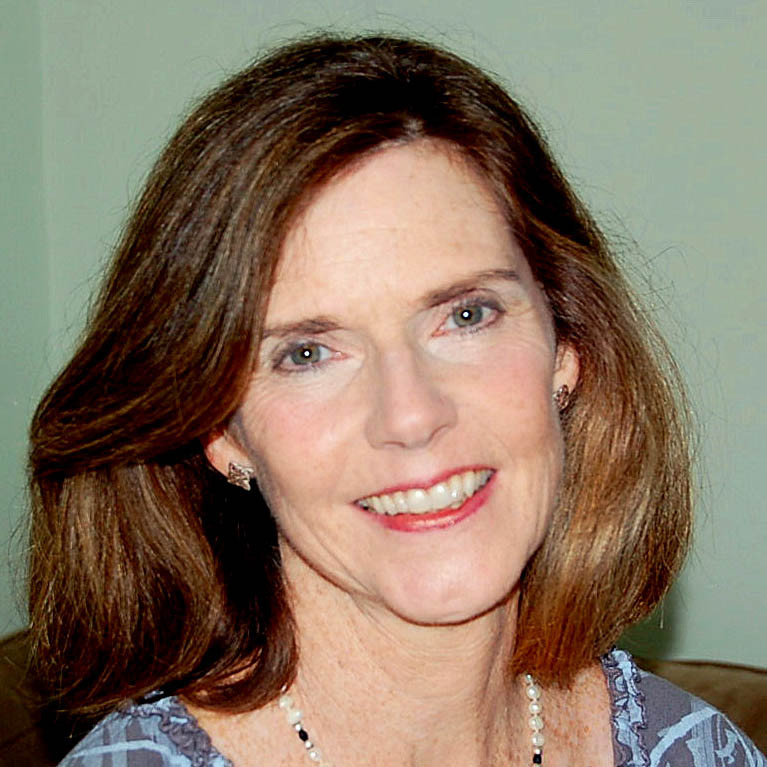Harvard Health Blog
The power of positive psychology: finding happiness in a cold ocean swim

While swimming in the frigid ocean off the coast of Maine a few days ago, I entered what psychologists call a flow state. It felt like a million bucks.
Here’s what happened: On a hot Sunday afternoon, I walked into the Atlantic off Cape Elizabeth. Although the water was painfully cold, it was sparkling and exhilarating. I began to swim. The activity absorbed all my attention. It completely squelched other thoughts and worries. And it made me happy for hours afterward.
Experts in the burgeoning field of positive psychology hold that people usually guess wrong about what will bring them happiness. Money, for example (beyond enough to cover life’s basic needs) doesn’t predict happiness. Instead, according to the new edition of Positive Psychology, a Special Health Report from Harvard Medical School, researchers are identifying a number of elements they say contribute to a sense of happiness and well-being. One is engaging in flow experiences, a term coined by Mihaly Csikszentmihalyi, professor of psychology at Claremont Graduate University in California.
To experience flow is to achieve a state of intense absorption in which you lose awareness of time. It occurs when you strike the right balance between challenge and skill. If the task is too challenging for your level of skill, anxiety creeps in. If your skill level exceeds the challenge, boredom sets in. Swimming in the cold surf of Maine posed a challenge for me, but I’m a competent swimmer and had experience in cold water. I swam with a partner for only a short time to avoid hypothermia. It was fun. It made me happy. (You can read more about flow in the online excerpt of the Positive Psychology report.)
The happiness‑health connection
Achieving happiness may be more important to your health than you think. In a 2008 review of studies on happiness and longevity, Dutch sociologist Ruut Veenhoven found that happiness appears to protect against illness. In 19 research projects involving populations chosen independently of their health status, ratings of mood, happiness, and life satisfaction at the beginning of a study had a large and positive impact on the chance a person was alive at the end of the follow-up period. The most satisfied people gained an extra 7.5 to 10 years of life. That life extension is equivalent to giving up cigarettes by age 35.
In Positive Psychology: Harnessing the Power of Happiness, Personal Strength, and Mindfulness, Harvard faculty editor Ronald Siegel and contributing psychologist Steven M. Allison explore both time-tested and modern avenues to happiness. The report describes many paths to happiness (curiously, swimming in a cold ocean isn’t among them), including:
- Expressing gratitude
- Living life with meaning
- Finding and using your inner character strengths
- Putting mindfulness to use toward well being
- Savoring pleasure
- Achieving flow experience
- Developing self compassion
The report is available at /PP.
About the Author

Kay Cahill Allison, Former Editor, Harvard Health
Disclaimer:
As a service to our readers, Harvard Health Publishing provides access to our library of archived content. Please note the date of last review or update on all articles.
No content on this site, regardless of date, should ever be used as a substitute for direct medical advice from your doctor or other qualified clinician.















